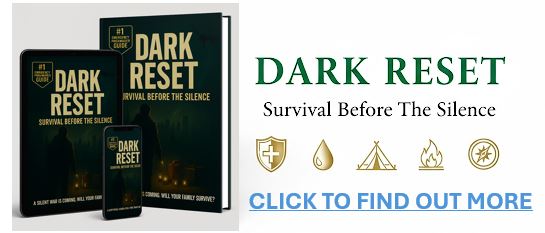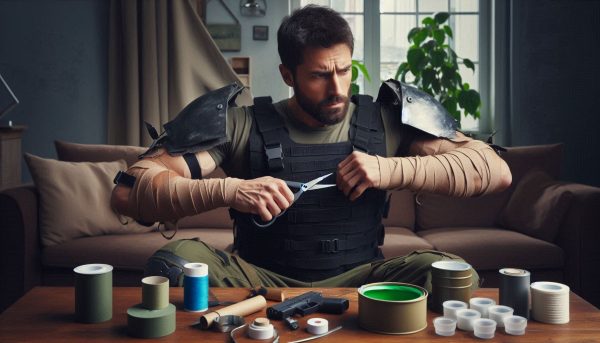In dangerous situations, despite training and intelligence someone may have, instinct often plays a crucial role.
Life-or-death situations demand split-second decisions. This is where instinct, that often-overlooked “gut feeling,” becomes critical. Cultivate and trust this intuition. It is essential for any operative to effectively identify and neutralize potential threats.
What Are Threat Recognition Instincts?
Your “gut feelings” aren’t just hunches; they reflect your brain’s rapid subconscious analysis of the situation, drawing upon past experiences and learned behaviors. This subconscious processing can trigger feelings of unease or urgency, alerting you to potential danger. Heeding these instincts can mean the difference between safety and danger.
By understanding the psychology behind these instincts and learning to trust them, operatives can significantly enhance their threat recognition capabilities, potentially saving lives.

Gut Feeling Psychology
Your brain rapidly processes information on a subconscious level, comparing the current situation to a vast database of past experiences and learned behaviors. This subconscious processing results in “gut feelings” – those intuitive sensations that arise from within.
Your brain subconsciously flags potential threats based on past experiences, even if you can’t consciously identify them. This creates that “off” feeling. This is known as “thin-slicing” – making rapid decisions with limited information.
The amygdala, responsible for emotions and survival instincts, plays a significant role in generating these gut feelings. When it detects something that threatens your sense of safety, it triggers a response, ranging from unease to the full-blown fight-or-flight response.
Trust and Hone These Instincts
While powerful, instincts must be actively honed and refined through experience and training to reach their full potential.
Reflect and Focus
After-action reviews should not merely focus on identifying successes and failures. Actively reflect on your emotional state during the operation. Did your intuition provide any early warnings? This introspection strengthens the connection between experience and intuition.
Fit Body for a Fit Mind
Physical fitness is often overlooked, yet it plays a significant role in instinctual reactions. A fit body can better withstand stress, minimizing distractions like fatigue or adrenaline overload that can cloud judgment.
Familiarity
There’s no substitute for real-world experience. Exposure to a wide range of environments, cultures, and scenarios provides your brain with a vast amount of data, significantly sharpening your ability to detect anomalies.
Training and Stress Testing
Actively engage in high-pressure simulations to train your brain to react effectively under stress. Repeated exposure to controlled threats strengthens the neural pathways that underlie instinctual responses, enhancing your ability to trust and rely on your gut feelings.
Analysis vs Instinct
While instincts are valuable, actively balance them with critical analysis. Avoid blindly following gut feelings. Instead, use them as an early warning system, prompting a thorough and objective assessment of the situation.
An operative’s instincts are a finely-tuned product of experience, training, and reflection. While not infallible, they are essential for threat recognition. Actively cultivate trust in your gut, recognizing that your subconscious mind can often process information faster than your conscious mind, providing a crucial edge in the field.




